Anthropic’s Claude Opus 4 outperforms OpenAI’s GPT-4.1 with unprecedented seven-hour autonomous coding sessions and record-breaking 72.5% SWE-bench score, transforming AI from quick-response tool to day-long collaborator.
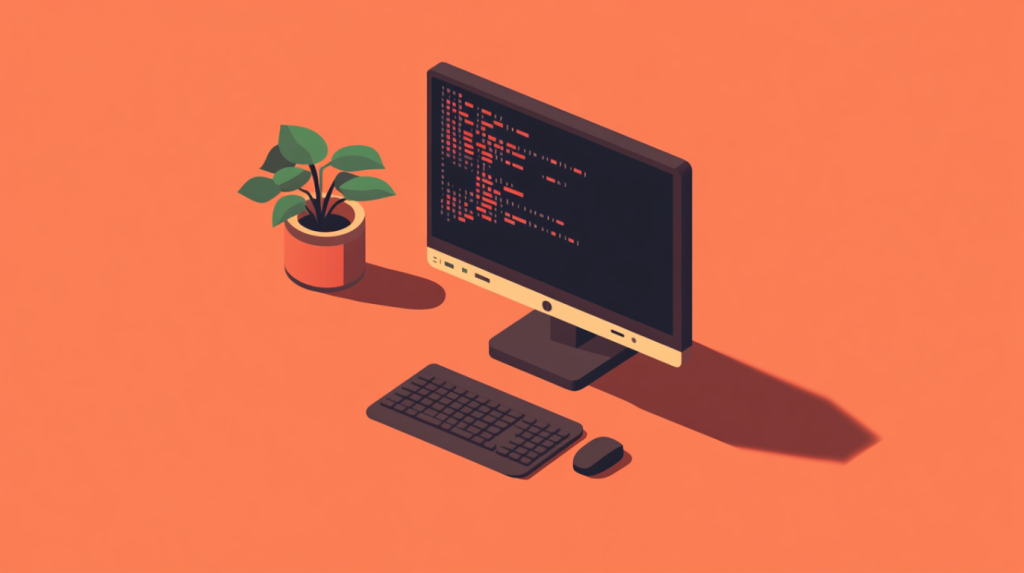

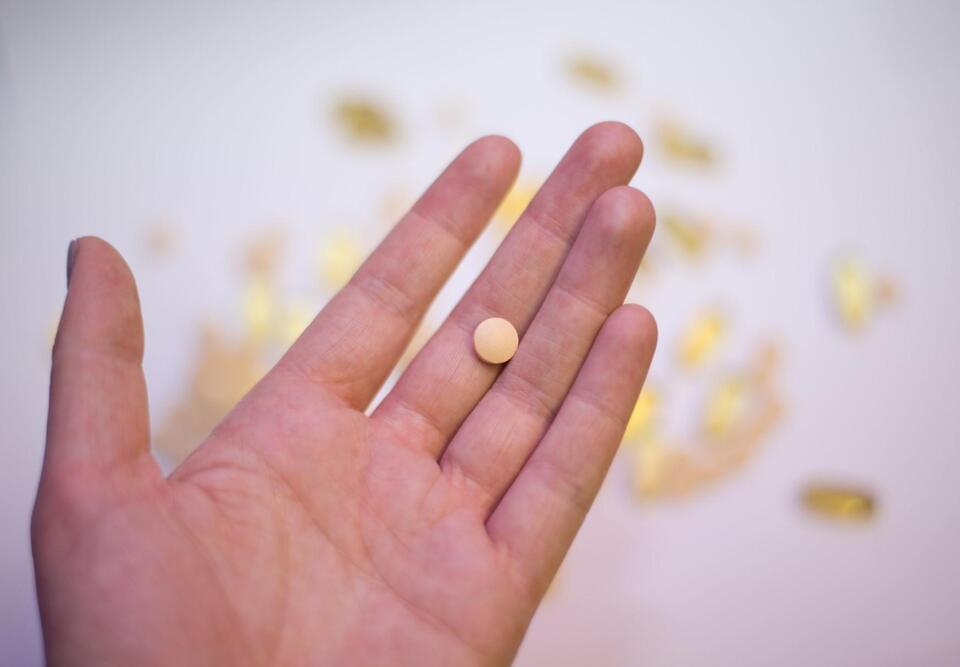
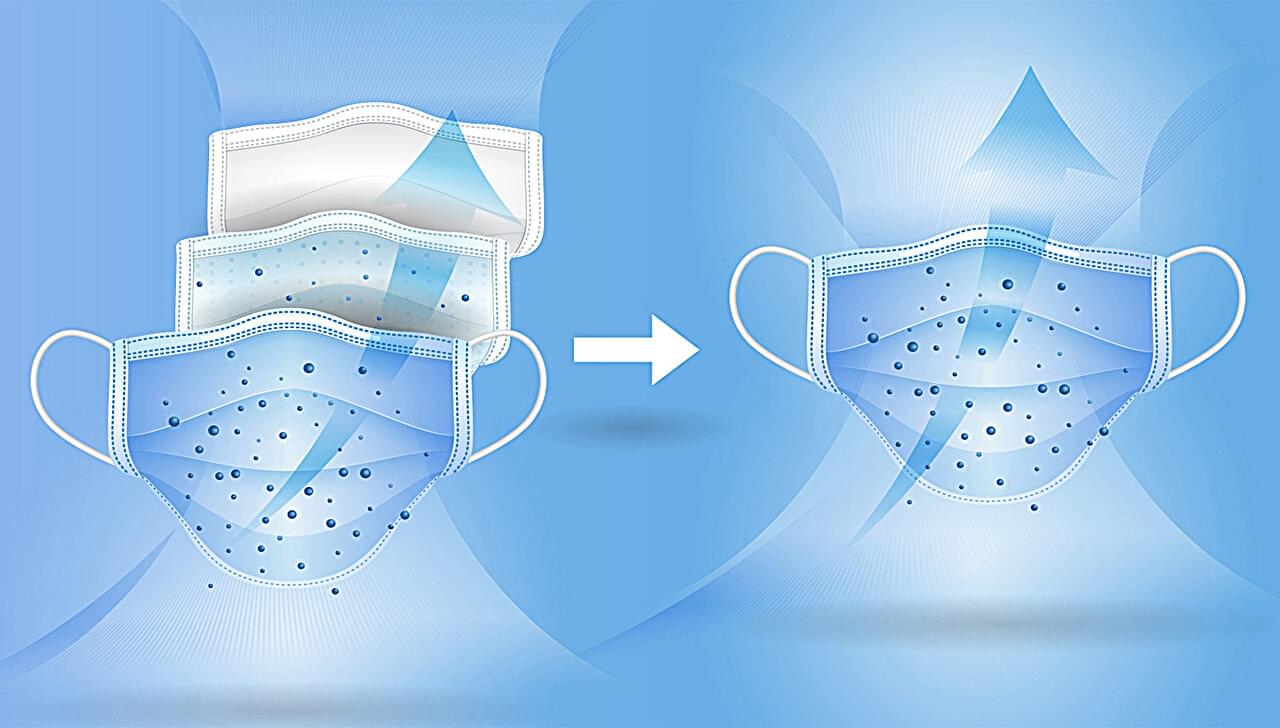
The COVID-19 pandemic increased public awareness of the importance of mask use for personal protection. However, when the mesh size of mask fabrics is small enough to capture viruses, which are usually around one hundred nanometers in size, the fabric typically also restricts air flow, resulting in user discomfort. Researchers from Japan have now developed a new filter material that effectively captures nanoparticles, although further improvements are needed to make it suitable for comfortable mask use.
In a study published this month in Materials Advances, researchers from the Institute of Industrial Science at the University of Tokyo have developed a filter capable of capturing nanoparticles such as viruses. While the filter demonstrates high filtration efficiency, its airflow resistance is currently higher than the standards required for face masks, indicating that additional development is necessary before it can be used for personal protective equipment.
The filter is constructed from nanosheets consisting of an ordered mesh composed of porphyrins, which are flat, ring-shaped molecules with a central hole. The tiny holes in the porphyrin molecules are suitably sized to allow the easy passage of the small gas molecules in air while blocking the movement of larger particles, such as viruses. The nanosheets are then supported on a fabric modified with nanofibers containing pores of several hundred nanometers to form the filter.
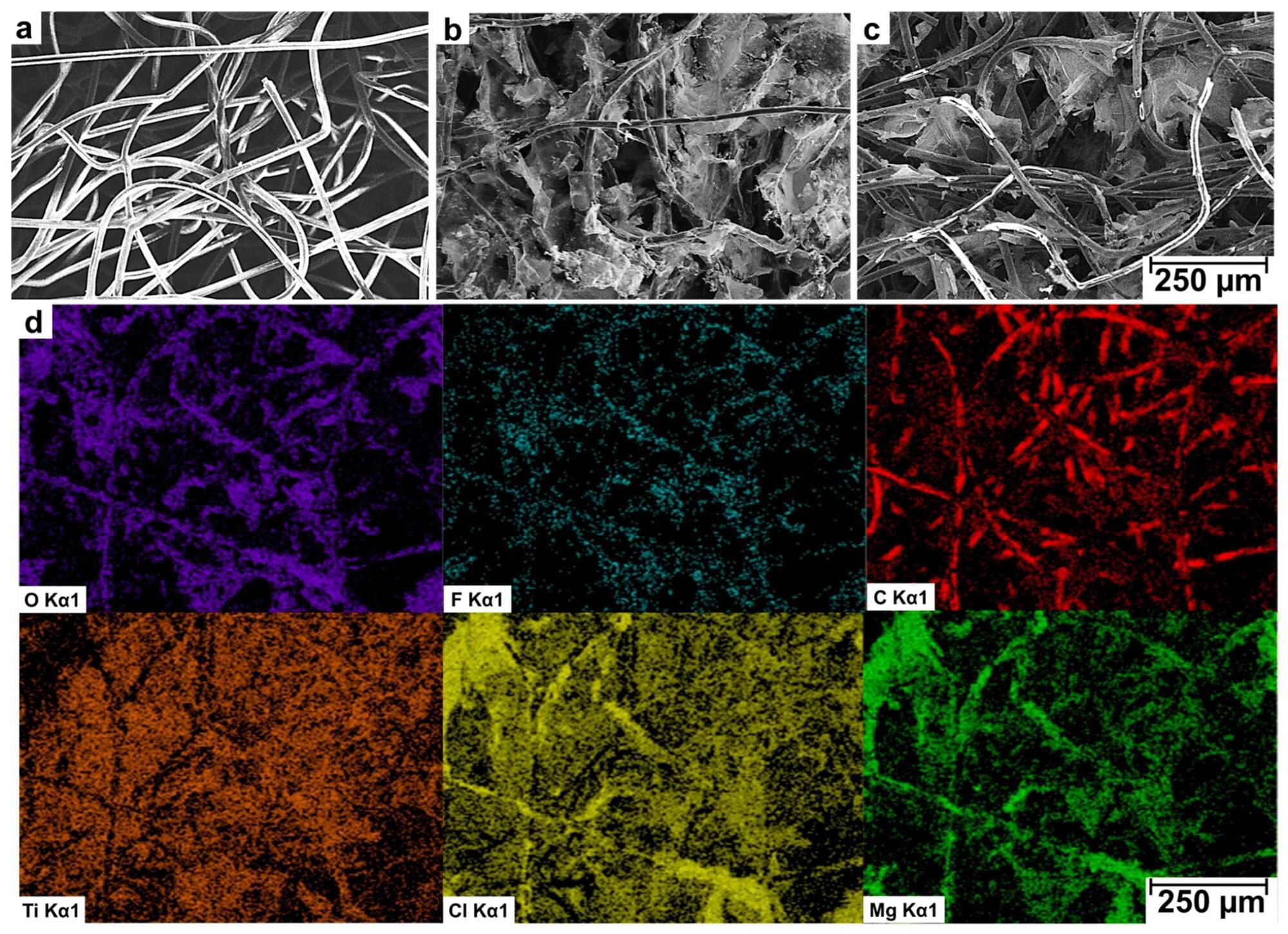
Despite improvements to air filtration technology in the aftermath of the COVID-19 pandemic, some of the smallest particles—those of automobile and factory emissions—can still make their way through less efficient, but common filters. An interdisciplinary team of researchers from Drexel University’s College of Engineering have introduced a new way to improve textile-based filters by coating them with a type of two-dimensional nanomaterial called MXene.
Recently published in the journal C—Journal of Carbon Research, the team’s research reports that a non-woven polyester textile—a low-cost material with low filtration efficiency—coated with a thin layer of MXene nanomaterial can turn it into a potent filter capable of pulling some of the finest nanoparticles from the air.
“It can be challenging for common filters to contend with particles less than 100 nanometers, which include those emitted by industrial processes and automobiles,” said Michael Waring, Ph.D., a professor in Drexel’s College of Engineering, and co-author of the research. “Being able to augment a filter, through a simple coating process, to make it effective against these emissions is a significant development.”
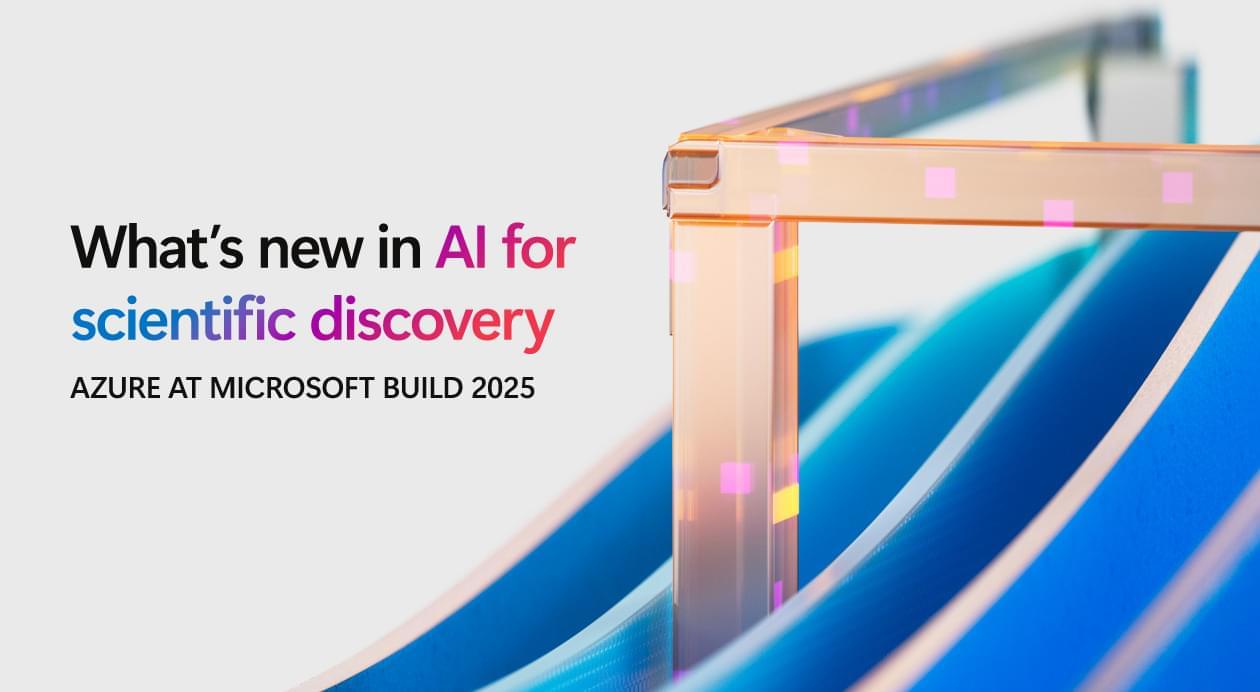

Separating crude oil into products such as gasoline, diesel, and heating oil is an energy-intensive process that accounts for about 6% of the world’s CO2 emissions. Most of that energy goes into the heat needed to separate the components by their boiling point.
In an advance that could dramatically reduce the amount of energy needed for crude oil fractionation, MIT engineers have developed a membrane that filters the components of crude oil by their molecular size.
“This is a whole new way of envisioning a separation process. Instead of boiling mixtures to purify them, why not separate components based on shape and size? The key innovation is that the filters we developed can separate very small molecules at an atomistic length scale,” says Zachary P. Smith, an associate professor of chemical engineering at MIT and the senior author of the new study.
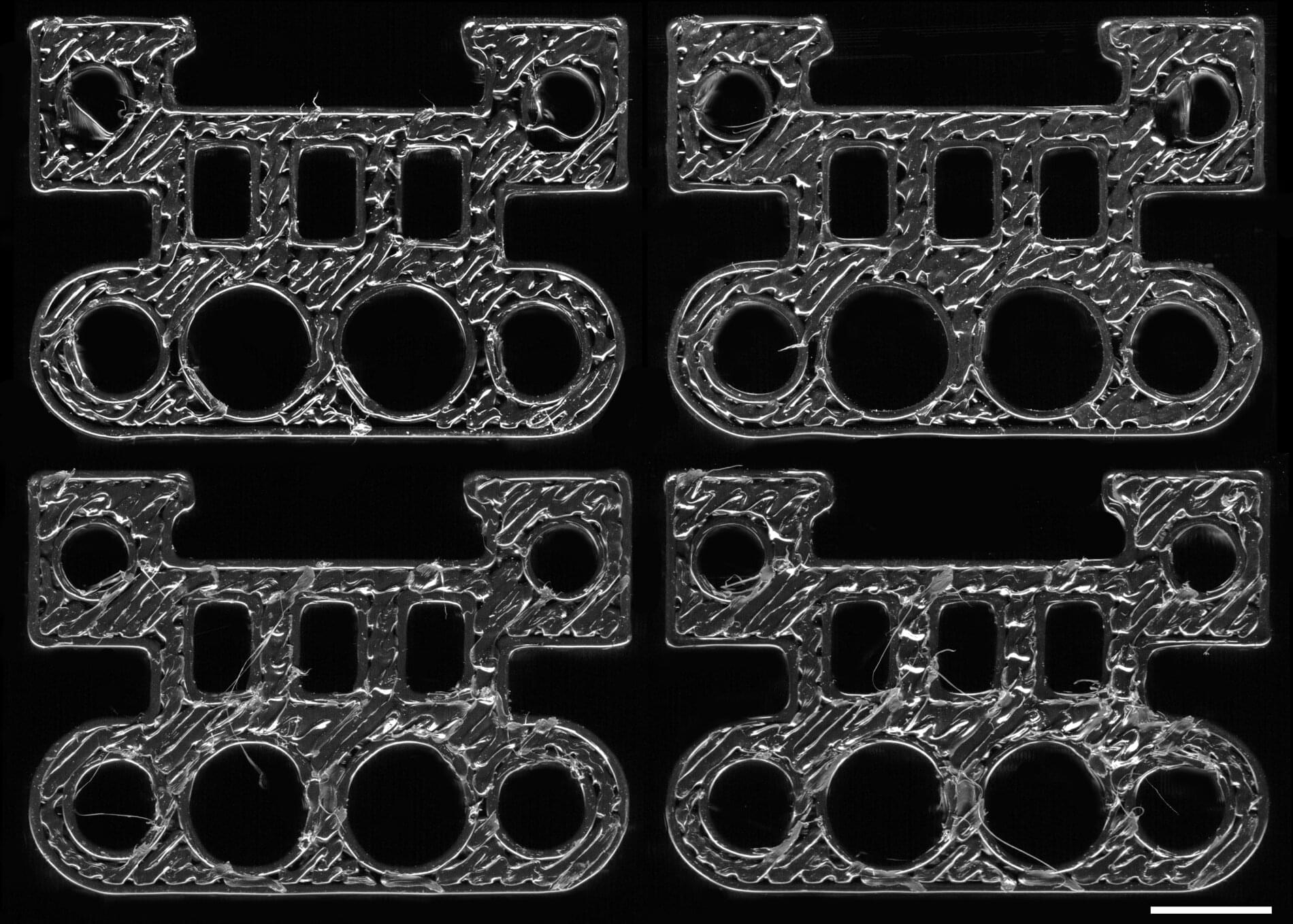
A new artificial intelligence system pinpoints the origin of 3D printed parts down to the specific machine that made them. The technology could allow manufacturers to monitor their suppliers and manage their supply chains, detecting early problems and verifying that suppliers are following agreed upon processes.
A team of researchers led by Bill King, a professor of mechanical science and engineering at the University of Illinois Urbana-Champaign, has discovered that parts made by additive manufacturing, also known as 3D printing, carry a unique signature from the specific machine that fabricated them. This inspired the development of an AI system which detects the signature, or “fingerprint,” from a photograph of the part and identifies its origin.
“We are still amazed that this works: we can print the same part design on two identical machines –same model, same process settings, same material—and each machine leaves a unique fingerprint that the AI model can trace back to the machine,” King said. “It’s possible to determine exactly where and how something was made. You don’t have to take your supplier’s word on anything.”

When astronomers announced last month they might have discovered the most promising hints of alien life yet on a distant planet, the rare good news raised hopes humanity could soon learn we are not alone in the universe.
But several recent studies looking into the same data have found that there is not enough evidence to support such lofty claims, with one scientist accusing the astronomers of “jumping the gun.”
The debate revolves around the planet K2-18b, which is 124 light years away in the Leo constellation.
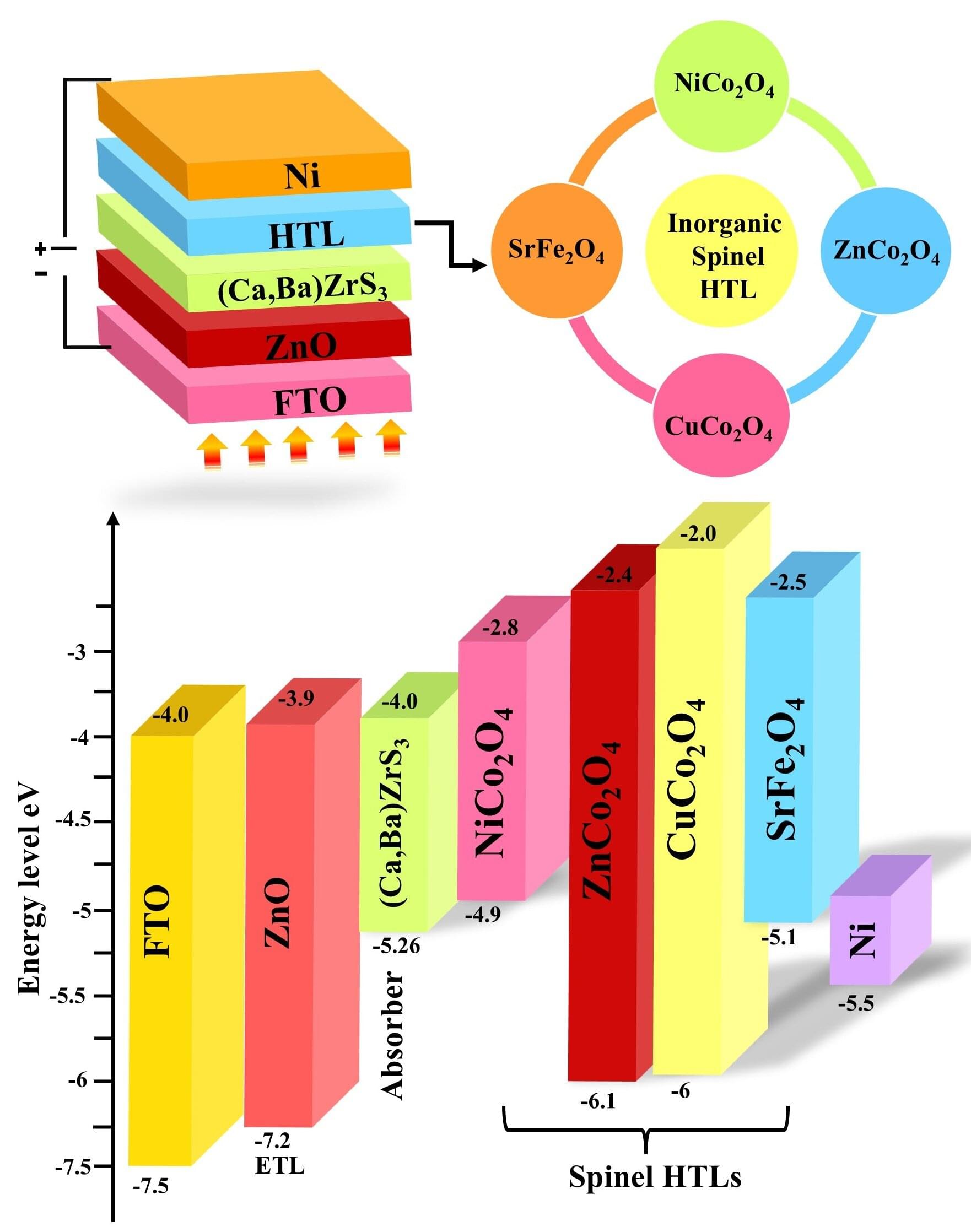
Solar power has long been a beacon of hope in our pursuit of clean energy. However, the road to sustainable, high-efficiency photovoltaics has been riddled with roadblocks such as toxicity and instability in widely used lead halide perovskites. Could we engineer a solar cell that delivers not just high performance, but also durability, stability and environmental safety?
That question led us to (Ca, Ba)ZrS3, a chalcogenide perovskite with immense promise. Unlike its lead-based counterparts, this material boasts strong thermal and chemical stability. More importantly, its bandgap can be finely tuned down to 1.26 eV with less than 2% calcium doping, placing it squarely within the Shockley-Queisser limit for optimal photovoltaic conversion.
For the first time, my research team at the Autonomous University of Querétaro explored an innovative idea of pairing (Ca, Ba)ZrS3 with next-generation inorganic spinel hole transport layers (HTLs). We integrated NiCo2O4, ZnCo2O4, CuCo2O4, and SrFe2O4 into solar cells and simulated their performance using SCAPS-1D.

Microsoft has developed an artificial intelligence (AI) model that beats current forecasting methods in tracking air quality, weather patterns, and climate-addled tropical storms, according to findings published Wednesday.
Dubbed Aurora, the new system—which has not been commercialized—generated 10-day weather forecasts and predicted hurricane trajectories more accurately and faster than traditional forecasting, and at lower costs, researchers reported in the journal Nature.
“For the first time, an AI system can outperform all operational centers for hurricane forecasting,” said senior author Paris Perdikaris, an associate professor of mechanical engineering at the University of Pennsylvania.